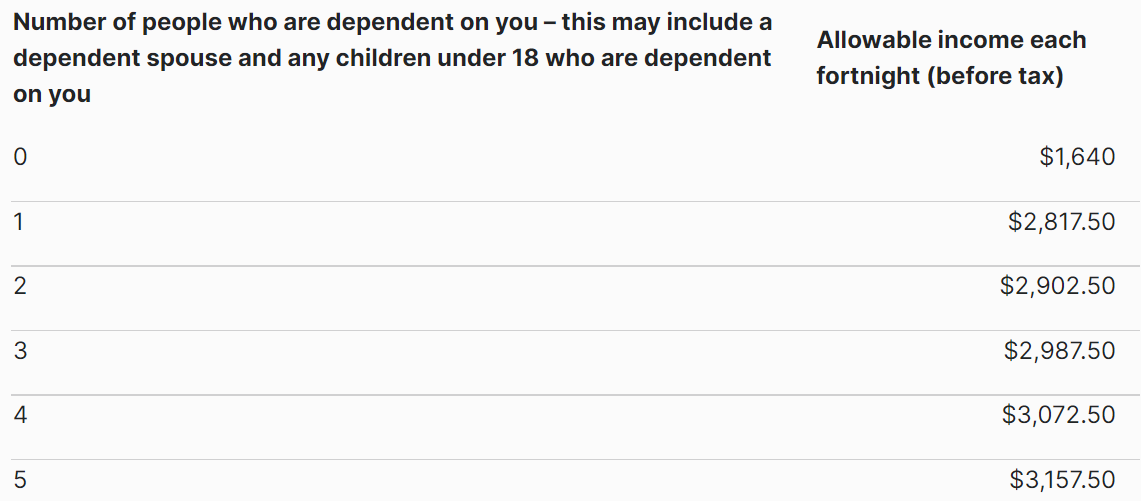

Family law matters can be expensive, and divorce costs are no different. You have various things to consider when getting divorced beyond the application itself. Court fees are governed by Family Law (Fees) Regulations 2022.
The cost of divorce in Australia is indexed to inflation and increases yearly. Let’s explain what you can expect to pay for a divorce in 2024.
A party seeking a divorce must apply with the Federal Circuit and Family Court of Australia. The fee for filing a divorce increased by the following:
A marriage must satisfy specific criteria to be considered valid, which are:
If your marriage doesn’t meet all these criteria, it isn’t valid and may be annulled. The cost of filing a decree as to Nullity increased by the following:

Download our FREE Divorce Checklist for a more detailed guide on the next steps.
You will need your marriage certificate to proceed with a divorce application . If you have misplaced your marriage certificate, you can apply for a replacement for the following cost:
Divorcing parties often need to consider how they will handle children and property. Organising these matters in a legally binding way will attract fees.
Consent orders can be used to finalise financial and parenting arrangements. The filing fees associated with consent orders are the following:

At times, a party to a divorce feels the need to apply for court orders without the consent of their former spouse. Court orders can be granted on an interim or final basis. Interim orders can be critical for parties who require immediate court action before final orders are determined. Parties may wish to apply for interim orders for various reasons, including the following:
In certain circumstances, you may be eligible for a reduced fee or fee waiver when making an application. The Court makes provisions for people who satisfy specific criteria. People holding certain government concession cards may be exempted from some filing fees. You may be exempted from payment if you are:
If you don’t satisfy the above criteria, you may still be eligible for a waiver if you demonstrate financial hardship. The Family Court assesses financial hardship through three tests.
The Family Court determines financial hardship through a series of tests. These tests are:
The income test is applied to your gross income. The test considers income you may receive from numerous sources, including:
The party’s number of dependants affects the income allowable under this test. The table below shows how the number of dependants affects the income permitted by this test.

The assets test considers your cash and convertible shares or bonds. To satisfy this test, the value of these liquid assets must not exceed five times the fee in question. For example, if a party is applying for a consent order, the value of their liquid assets cannot exceed $975 (5 x $195).
You may still be required to pay the full fee if your surplus fortnightly income exceeds a certain level. Your surplus income is considered your income after covering all reasonable daily living expenses. These expenses can include things like:
The allowable surplus income under this test with respect to relevant filing fees is the following:
Filing fee (maximum allowable surplus income)
Fees for a divorce application and a decree of nullity application cannot be waived entirely. However, you may be able to receive a reduced fee. As of 1 July 2023, the reduced costs are the following:

When going through family law matters, seeking advice from a divorce lawyer is recommended. A family lawyer generally offers a fixed fee for many family law issues. So, what are the costs involved with legal representation?
Here are some divorce lawyer cost approximations to give you an idea of what you could expect to pay.
Different lawyers charge for their services in different ways. Some offer a fixed-fee package, while others may charge an hourly rate. Both can have their pros and cons.
Fixed fees can provide clients with a sense of security, knowing how much the process will cost upfront. This will help with budgeting for the divorce cost. This can also add to the trust between the client and the lawyer.
Clients can be more comfortable with their financial transparency and predictability when there isn’t a clock ticking on the lawyer’s efforts.
There are also potential drawbacks to fixed fee arrangements. Family law matters can be unpredictable and involve various complexities. A fixed fee package may not adequately cover the work necessary for the case.
An hourly rate can cover a lawyer’s services more comprehensively. Fixed fees only work when the lawyer can clearly predict the likely workload. Many cases are not straightforward. Every case has its own quirks that require individual attention.
An hourly rate allows a family lawyer to adjust their service as needed. It also provides clients with a more detailed breakdown of the work completed by their lawyer.
An hourly rate can also make legal fees less predictable and run up costs quickly. This can lead to higher client stress as hourly rates may stretch their budget beyond sustainable.

There are various expenses associated with family law proceedings. Parties can face court costs, legal fees, filing fees and more. How should these fees be divided between divorcing spouses? If a party is pursuing a sole divorce application, they will typically be expected to cover the cost themselves. Joint applicants may form an agreement to share the fee.
Legal fees are usually covered by the party receiving the service. However, other services bring both parties together. Parties may be required to undergo counselling or mediation to satisfy certain court processes. The fees for these sessions can be split between the parties by agreement.